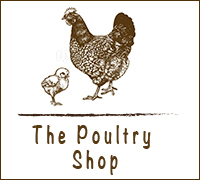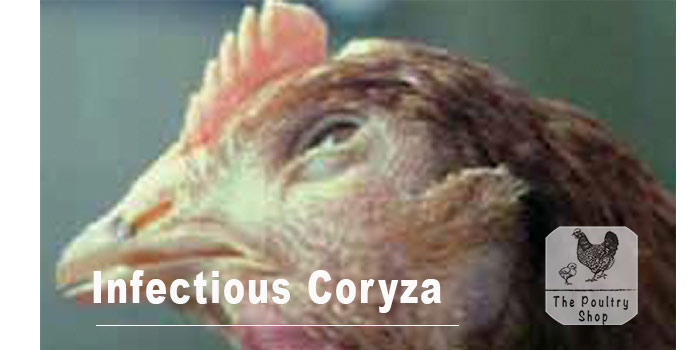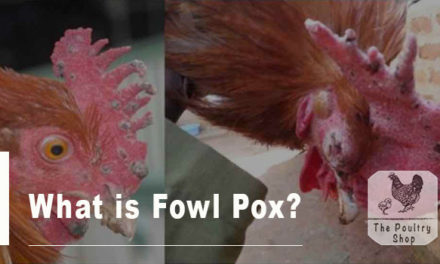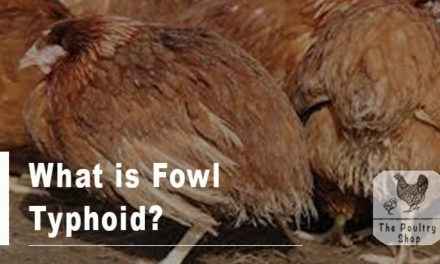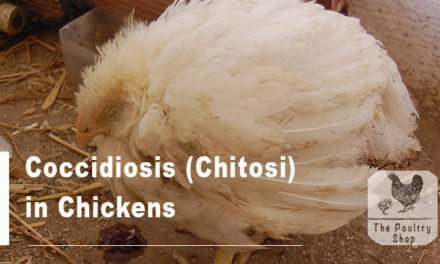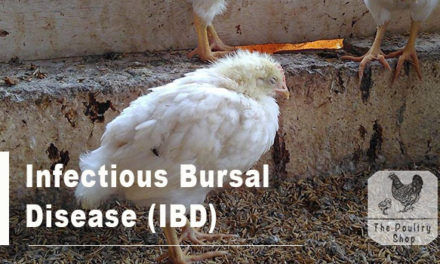It’s a respiratory disease that commonly affects layers and roadrunner chickens and is prone during windy periods starting from around the month of August.
Infectious coryza is highly infectious and can easily spread through the wind, direct bird to bird contact, contaminated feed and drinking water as well as human movement from infected flocks.
Mortality will vary with the severity of the infection, but is generally low. Late detection of the disease often results to the healing process becoming less effective.
Fortunately, coryza does not present a zoonotic risk (the disease does not spread from birds to humans). In addition, human consumption of meat or eggs derived from birds contaminated with the bacteria presents no risk for human health.
What Causes Infectious Coryza
Bacteria called Avibacterium Paragallinarum.
Signs and Symptoms of Infectious Coryza
- Facial swelling.
- Closed eyes (blindness).
- Smelly creamy pus or mucus like contents in the eyes.
- Sneezing and mucus-like discharges from the nose (flu-like symptoms).
- Head shaking.
- Breathing difficulties (gurgling sound).
- Poor appetite resulting to weight loss.
- Inactive birds (just lying down).
- Ruffled feathers.
- Drop in egg production of 10-40% in layers.
- Mishapes eggs with thin shells.
- Swelling of wattles.
- Moisture appears under the wings.
- In affected breeders, the hatchability and day-old chick quality might decline.
How to Treat Infectious Coryza
- Direct dosage of Kips and Chickboost. Email sales(at)thepoultryshop.co.zw or send a Whatsapp to 0719682698 to place your order.
- Use of antibiotics. Sulphonamides drugs in drinking water such as ESB3, Sulphadimodine, Aliseryl Sulphate, Erythromycin and Oxtetracycline.
- Give anyone of these: respimint/mentofin/enrocip together with stresspack for about 3 days.
- Spraying virukill in the poultry house and putting some few frops in drinking water also helps.
How to Prevent Infectious Coryza
- Follow vaccinations programs religiously. Layers must be vaccinated either synthetic or organic against coryza at 6weeks of age and at 14weeks or before they start laying eggs. Note: Unless its an organic vaccine, do not vaccinate birds when they are already laying because eggs laid are not recommended for human consumption for a minimum period of 11 days due to health effects to the consumer.
- Practice “all-in, all out” policy for all batches. Avoid leaving some birds after each batch.
- Thorough cleaning and disinfection (with virukill) of poultry houses between batches and allow poultry houses to lie idle for a few days.
- Avoid keeping different types of poultry on same place for instance broilers, layers, roadrunners, turkeys, etc..
- Avoid mixing poultry with those from outside whose health status you are not sure of
- Congestion of birds in chicken houses and keeping birds of different ages perpetuates the disease.
- Practice good bio-security. Minimise visitors and utilize hand sanitizers and footbaths.
- Feed natural herbs such as ginger, garlic and tumeric once a week.
Disclaimer: Information in this article does not substitute advice from your local veterinarian. Whilst great effort is taken to ensure accuracy of information in this article, no responsibility can be accepted for any loss or injury incurred due to error or omission.
Did you find this article helpful? Leave a comment below or subscribe to my free Email Newsletter and also like The Poultry Shop Facebook page. Thanks!
